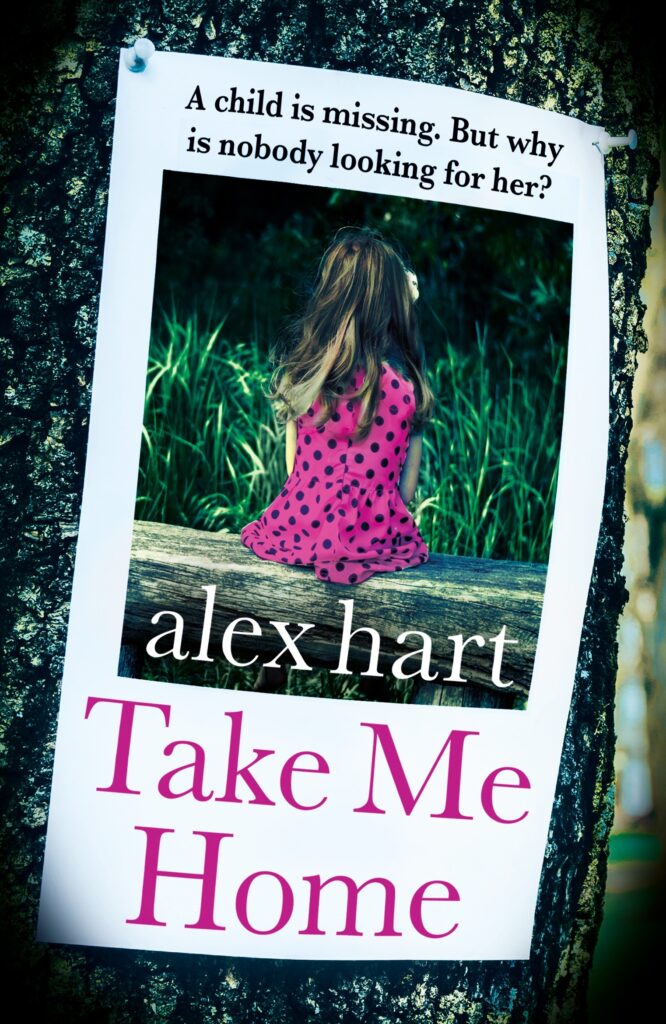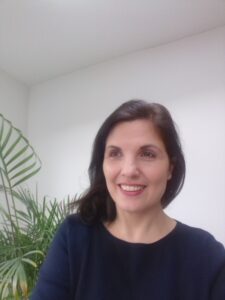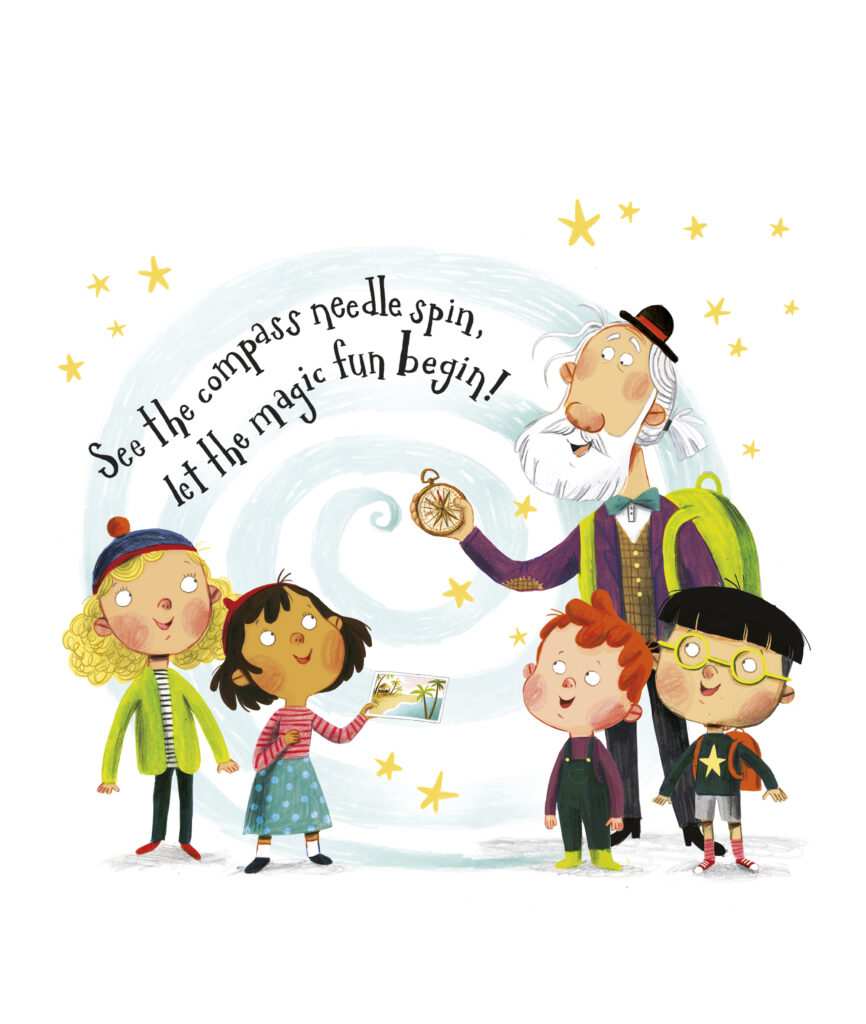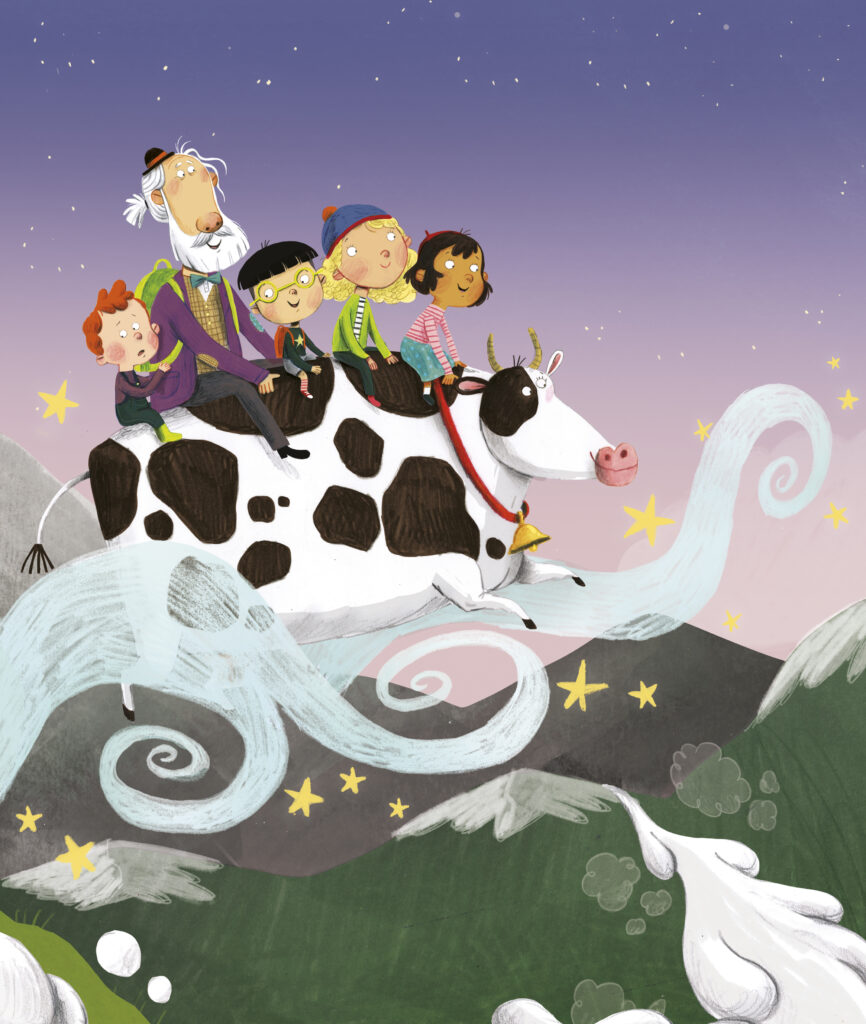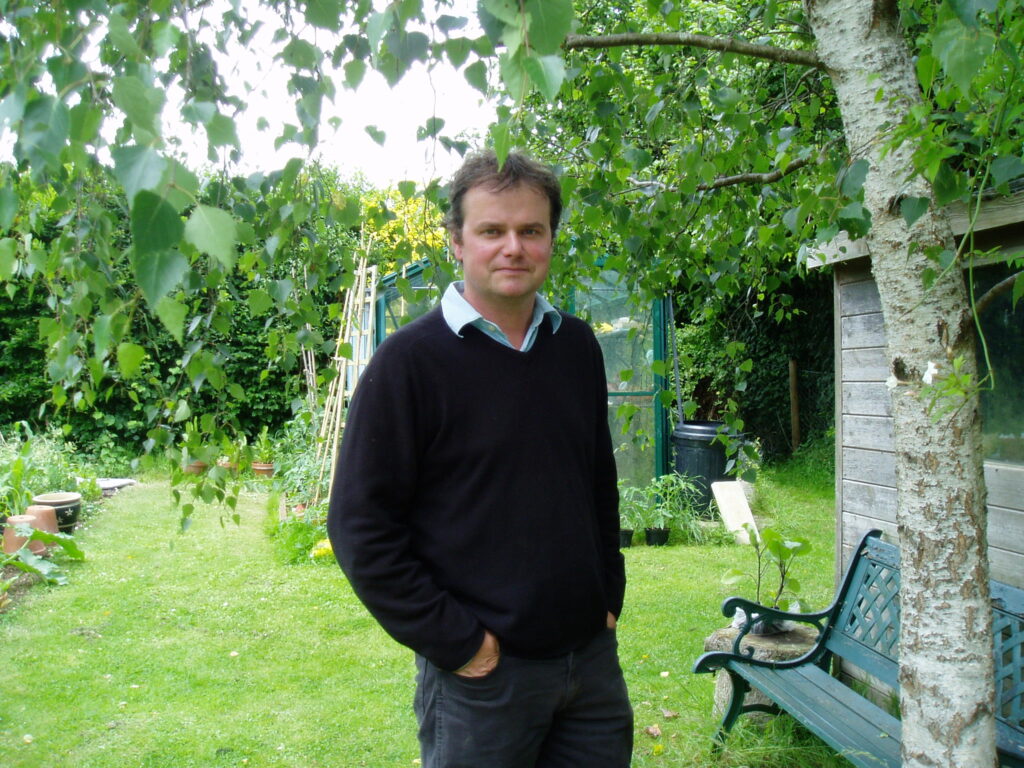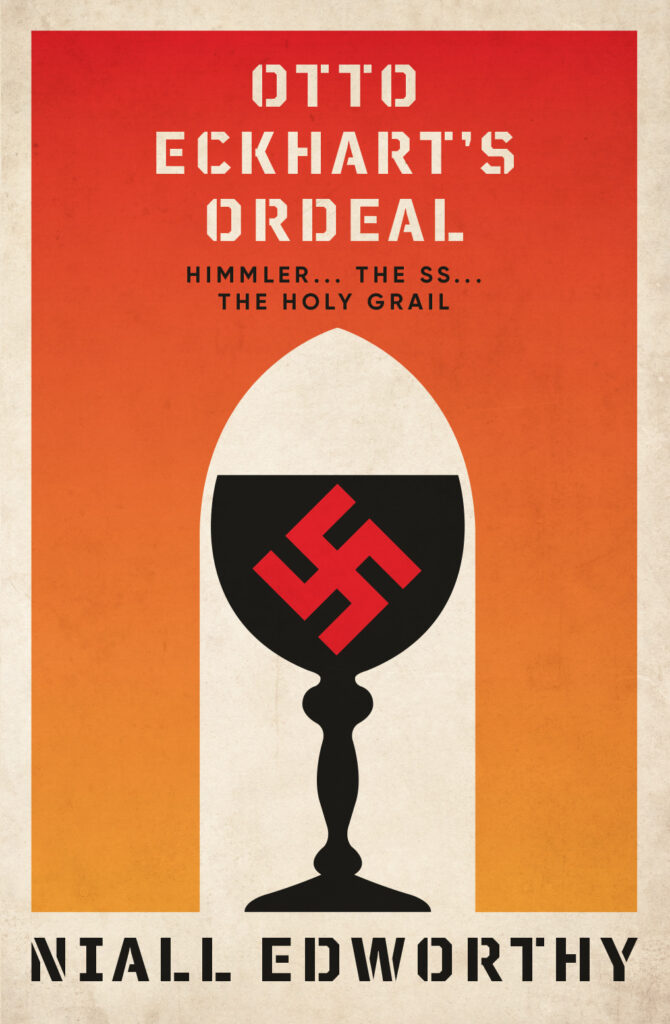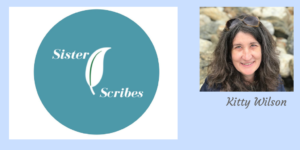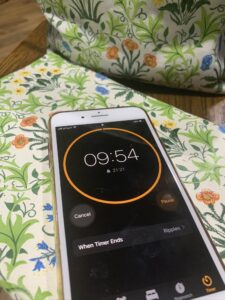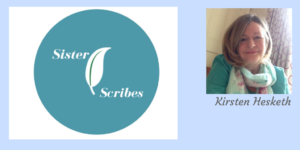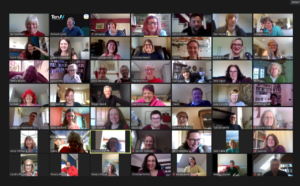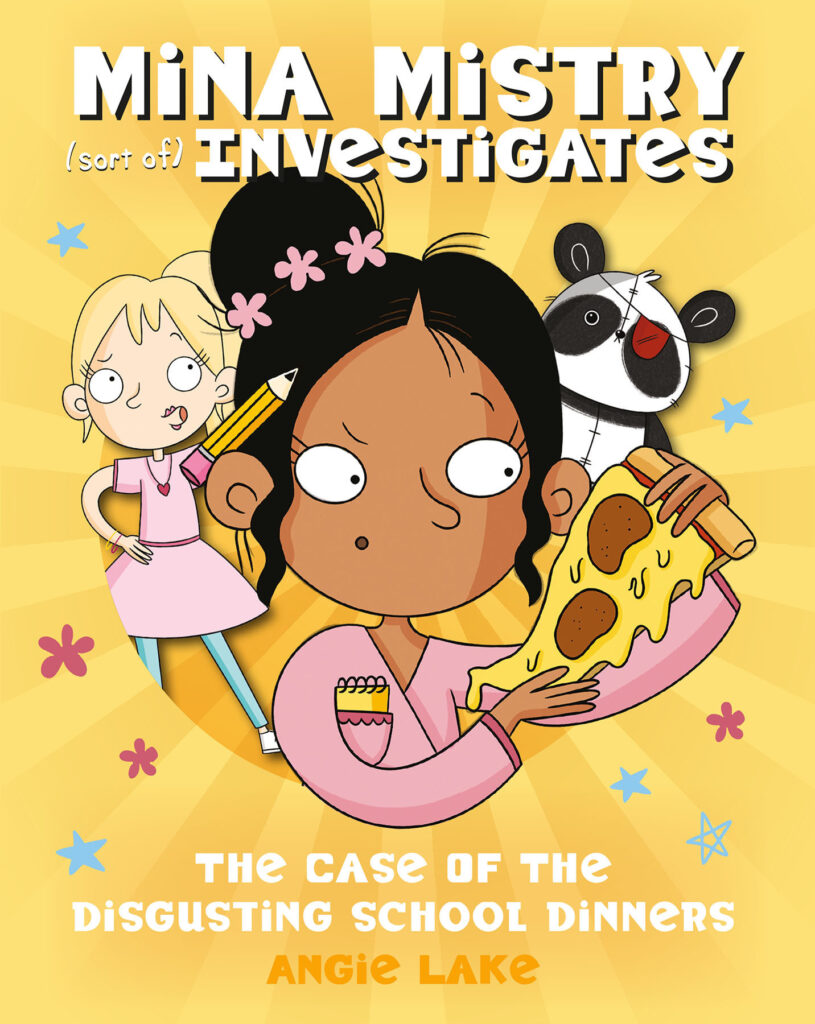I’ve written since an early age, whether it was short stories, poems (dreadful ones!), or novels. I read voraciously and love many genres. I have worked in the film and television industry for over twenty five years and have always felt passionate about story telling whether on screen or in books. To be able to disappear into someone else’s world, even temporarily and experience a different life is something that will never lose its thrill.
What you have written, past and present.
I’m currently working on a couple of novels, one which is the next in the series of Take Me Home, and another which is a standalone thriller.
What you are promoting now.
Take Me Home is a mystery thriller. The main character Harper finds a young girl left alone in a New York store and sets out to find out where she has come from. No one has reported her missing yet the little girl May says she misses her mom. Harper is someone who is strong and feisty. She paints outside of the lines, yet relentlessly strives for the truth. Despite her outwardly spiky edges, she is sensitive and warm-hearted. I hope she is someone the reader enjoys spending time with, along with her friends TJ and Reggie (the yin to her yang, the cheese to her macaroni) as they try to unravel the mystery along with her. It raises the questions, ‘What would we do in that situation?’ ‘How far would we go for strangers and those we love?’ and ‘What constitutes family?’
A bit about your process of writing.
I’m pretty disciplined when I have a project I’m working on. My day usually starts at the gym (before Covid!) where I am waking up my brain and beginning to think about the task ahead. Once I am at my desk, I often turn off my phone so there are less distractions and set to on that day’s goal. If I have the book planned out, I’ll always aim to write a chapter a day; even if I know what I’m writing is trash. If I started to edit as I went along, I think I would come to a grinding halt. If there is something on the page, I at least have words to play with.
Do you plan or just write?
I always plan. I don’t know any other way. For me, a plan is a safe way of being able to go off piste sometimes, as I know I can always refer back to it. Things often change when you’re writing; either something you are sure was going to work, suddenly falls apart in your hands, or you get further inspiration meaning the story changes direction. I think, so long as you have a plan you can explore these options without going off on a tangent too much.
What about word count?
I really don’t think about it in the first draft. I just want to get the bones of the story down and I’ll worry about word count later. Often or not, it just works out at the right length.
How do you do your structure?
I always work with paper and pen at the beginning, just writing down notes, random thoughts, character traits etc and once I am able to formulate a basic beginning, middle and end, I begin to scratch out a structure. If I get stuck, I always refer back to the usual; Joseph Campbell, Christopher Vogler, Robert McKee, Syd Field, Dan Harman. I’ll re-read what they’re saying and think how my story and characters fit and start penning out a potential paradigm.
What do you find hard about writing?
When I lose confidence! There’s nothing worse than facing the day thinking ‘something isn’t working’, ‘I’m the worst writer known to man’, ‘what was I thinking even attempting this?!’ I think this happens to all writers at some point of their journey. You’re all alone in this room, with your imaginary characters (who you have become close to and feel you are letting down) and you only have yourself to argue with. When those days come, (and they do!) rather than give up and beat myself up further, I make myself write 100 words. Often or not, I’ll end up writing more and suddenly you’re up and running again.
What do you love about writing?
Everything except for the above days!
Advice for other writers.
The same any writer gives, read, read, read, write, write, write. For me, there is no other way. My motto has always been, ‘Get it down, then get it done. Get it written, then get it right.’
TAKE ME HOME by Alex Hart is published by Orion (Paperback, £7.99) on 1st October.

